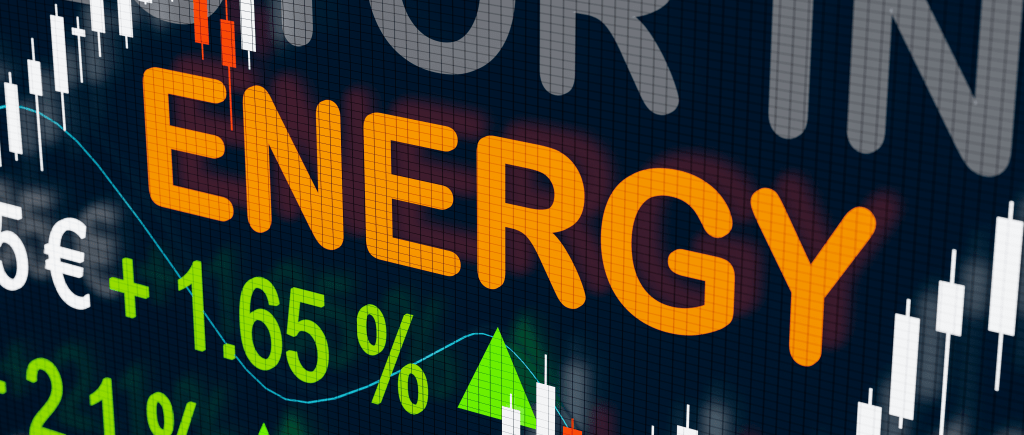With worries about global demand outweighing price support from the Israel-Hamas conflict, oil prices settled down on Tuesday. While US West Texas Intermediate (WTI) crude for March delivery finished down $1.01, or 1.3%, at $78.18 a barrel, Brent futures settled down $1.22, or 1.5%, to $82.34 a barrel. At $77.04 per barrel, the more actively traded April WTI contract finished the day down $1.30, or 1.4%.
At a high of $1.71 a barrel, the premium for prompt US oil futures to the second-month contract more than doubled and reached its biggest point in about four months. This incentivizes energy companies to sell now instead of incurring storage costs for upcoming months. Due to concerns about demand, continued geopolitical tensions in the Middle East were somewhat mitigated by quiet trade over Presidents’ Day weekend in the US.
Washington, once again, exercised its veto power over a draft resolution on the Israel-Hamas conflict before the 15-member council could call for a temporary truce that would be contingent on the release of Hamas hostages. This prevented the resolution from calling for an immediate humanitarian ceasefire. The UN has issued a warning that an attack “may result in a slaughter.”
Shipping has suffered as Iran-aligned Houthis, in support of Palestinians, have increased attacks on shipping lanes in the Red Sea and Bab al-Mandab Strait. Drone and missile strikes have hit at least four vessels since Friday.
Despite the conflict in the Middle East, investors appear more worried about flagging global demand. China announced its biggest ever reduction in the benchmark mortgage rate, the largest since the reference rate was introduced in 2019.
The growth estimate for oil demand in 2024 was reduced down in a report by the International Energy Agency (IEA), to about a million barrels per day less than the prediction of OPEC.
Regarding the switch to cleaner, renewable energy, the two are at odds. Due to unanticipated outages and periodic maintenance, US oil refiners are currently operating at low levels; nevertheless, milder winter temperatures may encourage refiners to increase their output.

 Noor Trends News, Technical Analysis, Educational Tools and Recommendations
Noor Trends News, Technical Analysis, Educational Tools and Recommendations




